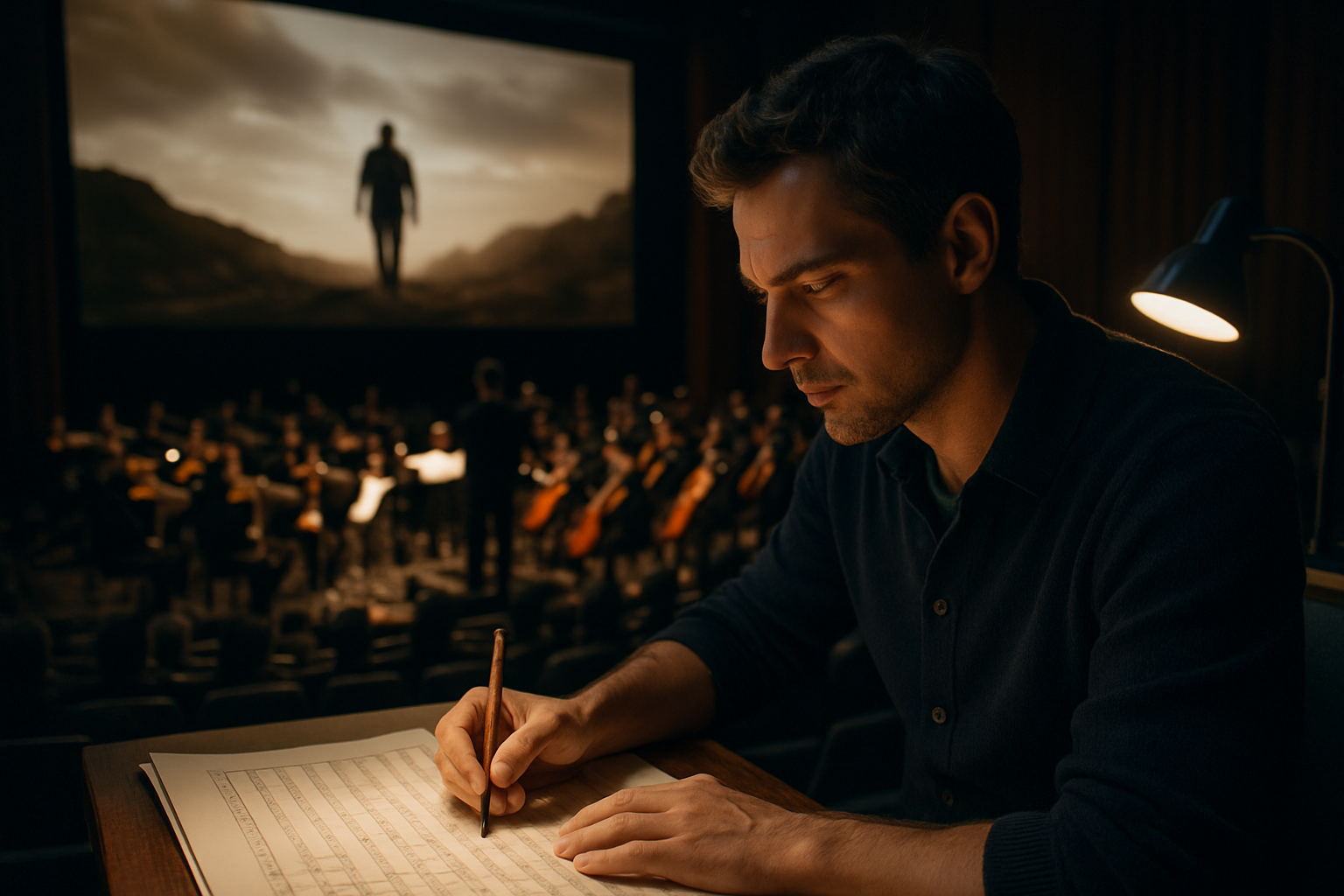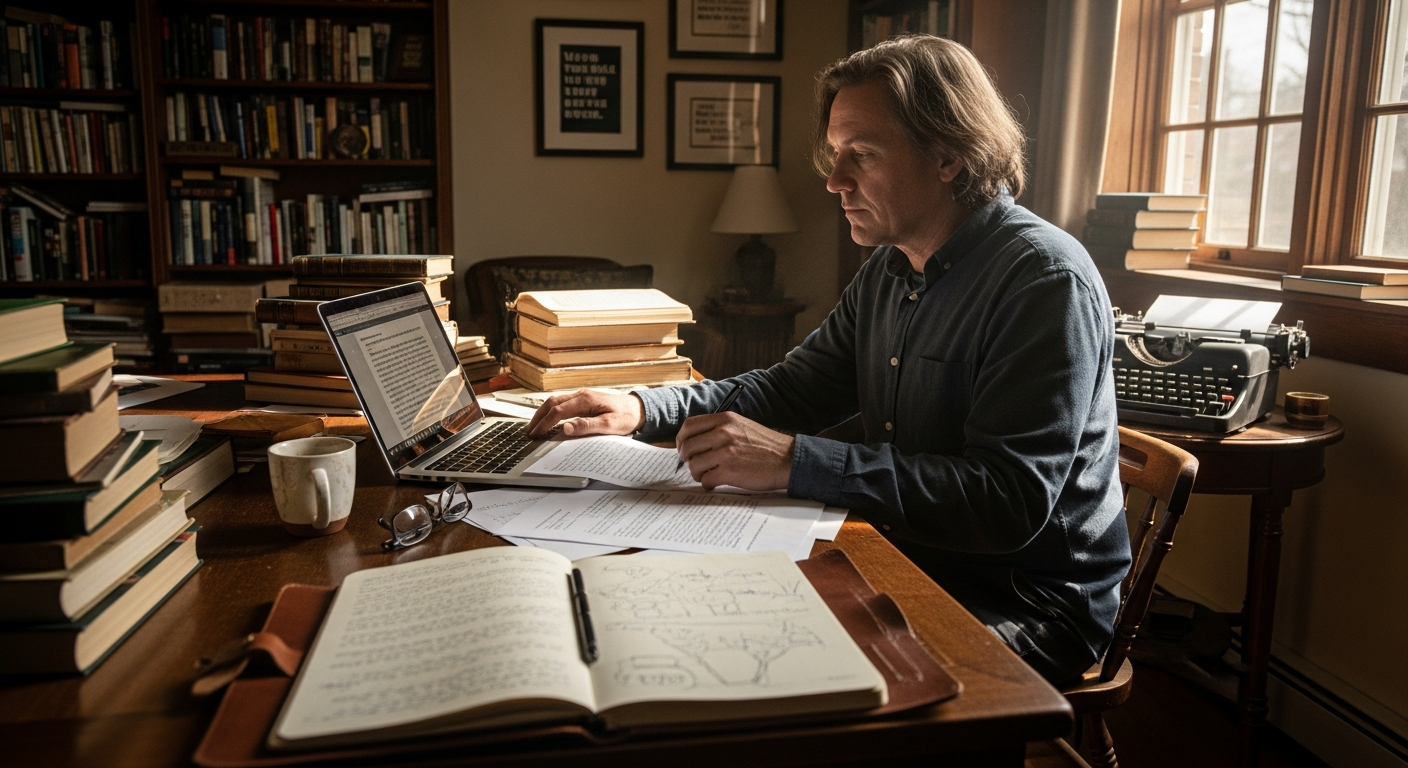A Dive into the Subtle Artistry of Film Scoring
Introduction: Stepping beyond the spotlight of leading actors and impressive cinematography, let's delve into the world of film scoring—a vital yet often understated component of filmmaking that heightens the cinematic experience. The origins of film scoring date back to the era of silent films in the late 19th and early 20th centuries. Initially, music was performed live in cinema halls, primarily to mask the noise of the projector. However, filmmakers quickly recognized the power of music in enhancing the narrative and evoking audiences' emotions. The first synchronized sound-on-film, or "soundtrack," appeared in 1927's The Jazz Singer, marking a new era in film scoring.

The Role of Film Scores in Modern Cinema
In contemporary cinema, film scores have transcended their primary function of background noise. They now play a pivotal role in storytelling, character development, and setting the overall mood. The haunting melodies of Psycho, the whimsical charm of Amélie, or the epic anthems of Star Wars, are all testaments to the impact a well-composed score can have on a film’s success and cultural resonance.
News from the Film Scoring Industry
The film scoring industry continues to evolve, with recent trends leaning towards experimenting with non-traditional instruments and digital sounds. For instance, the score of Joker (2019) by Hildur Guðnadóttir, which earned her an Academy Award, was composed primarily using a single cello, creating a chilling soundscape that mirrored the protagonist’s descent into madness.
The Impact and Reception of Film Scores
Film scores have an undeniable influence on popular culture, with many transcending their cinematic origins to become standalone pieces of art. John Williams’ Star Wars score, for example, is instantly recognizable even to those who haven’t seen the films. Such scores have also opened doors for classical music to reach wider audiences, bridging the gap between popular and high culture.
The Subtle Craft of Scoring
Creating the perfect film score is a delicate balancing act. The music must support the narrative without overshadowing it, subtly guiding the audience’s emotional journey. It requires a deep understanding of filmmaking, storytelling, and music composition. It’s an art form that, when done well, can transform a movie into a masterpiece.
In conclusion, the art of film scoring is a vital yet often overlooked aspect of filmmaking. It’s a subtle craft that, when masterfully executed, can evoke emotions, heighten tension, and enrich the storytelling process. As we continue to enjoy the magic of cinema, let us remember to lend an ear to the symphony playing subtly in the background, enhancing our cinematic experience.






